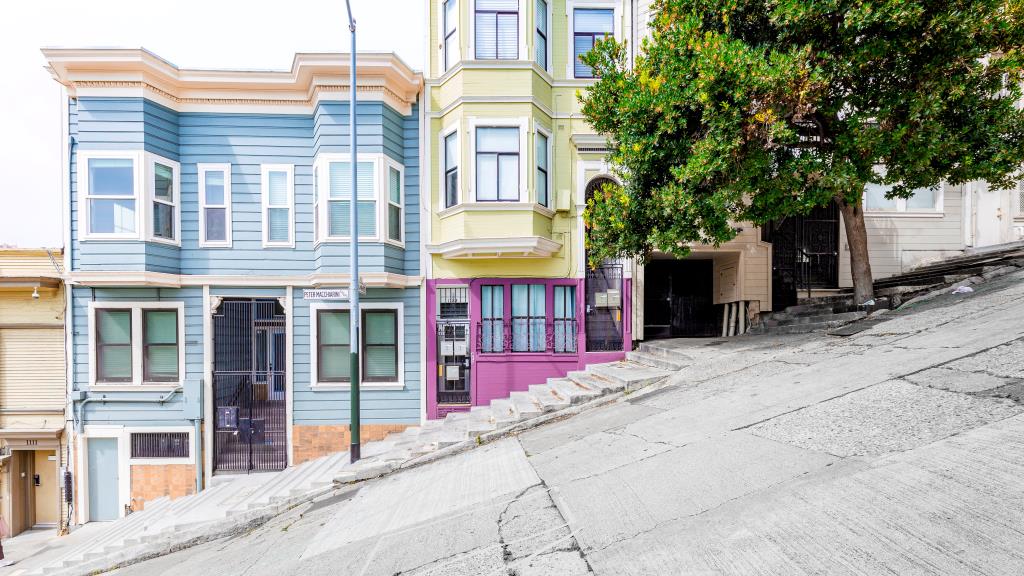
IESE Insight
Close elections cause real estate value to fall
When local politics are turbulent, real estate no longer seems a safe bet.
In recent years, chances are you have voted in an election whose outcome was uncertain. The kind of election that keeps news junkies up all night, watching the vote count oscillate between candidates. The kind that sometimes leads to a recount.
This kind of thing is bad for the value of your house.
Political instability tends to give investors the jitters. But the fact of an uncertain, contested election can itself drive down house prices. It can also increase applications for building permits.
A study by IESE professor Carles Vergara and IESE PhD graduate Van Nguyen drills down into data from elections in 50 U.S. states between 1982 and 2015. They examine bordering states where elections weren’t held and compare them with neighboring states where elections were held, to see what, if any, effects there were on the house price evolution.
They discovered that the real estate market was vulnerable when an election was both imminent and, crucially, highly contested. The negative effects were seen on both the volume of sales made (-6.5%) and the selling price (-0.6%). There was also a 2.2% increase in the number of building permits solicited. When an election was considered a safe bet, the effects were not nearly so pronounced.
Hedging their bets
Behind these numbers is the fact that the election of public bodies can have real consequences for residents. Local public authorities have considerable powers to impose taxes, increase legal protections and regulate the economy.
Even a small increase in property tax can affect investors, and many government interventions can completely change the nature of the real estate game. Think rent caps, new limitations regarding Airbnb rentals, or even a government’s attitude toward squatters. Even existing laws can become more or less of an issue if the political will to enforce them fluctuates. Investors prefer to know where they stand before making significant commitments.
The same logic has the reverse effect on building permits, for which applications increase in election years. Some political parties are more reluctant to concede permits than others, and investors therefore often prefer the “devil they know,” over waking up to an unknown and potentially inflexible new government. As building permits are relatively cheap, applying for one is an easy way for investors to hedge their bets when an election outcome is hard to call.
House prices and nail-biter elections
Although tight political races cause house prices to drop, this doesn’t necessarily mean a year-on-year fall. Prices may continue to rise, but more slowly than they otherwise would have. Mortgage activity also falls during these times, with both supply and demand lower overall.
With the recent partisan nature of politics not only in the U.S. but worldwide, it’s likely that more home buyers will be taking a wait-and-see approach in years to come.
About the research
The authors used state-level data on 50 U.S. states to examine the impact of political uncertainty on both housing and mortgage markets, by comparing house prices, the number of housing transactions, and the number of building permits issued.
Professor Vergara’s research on the real estate market and climate change was cited in the 2023 Economic Report of the President presented to the U.S. Congress.

